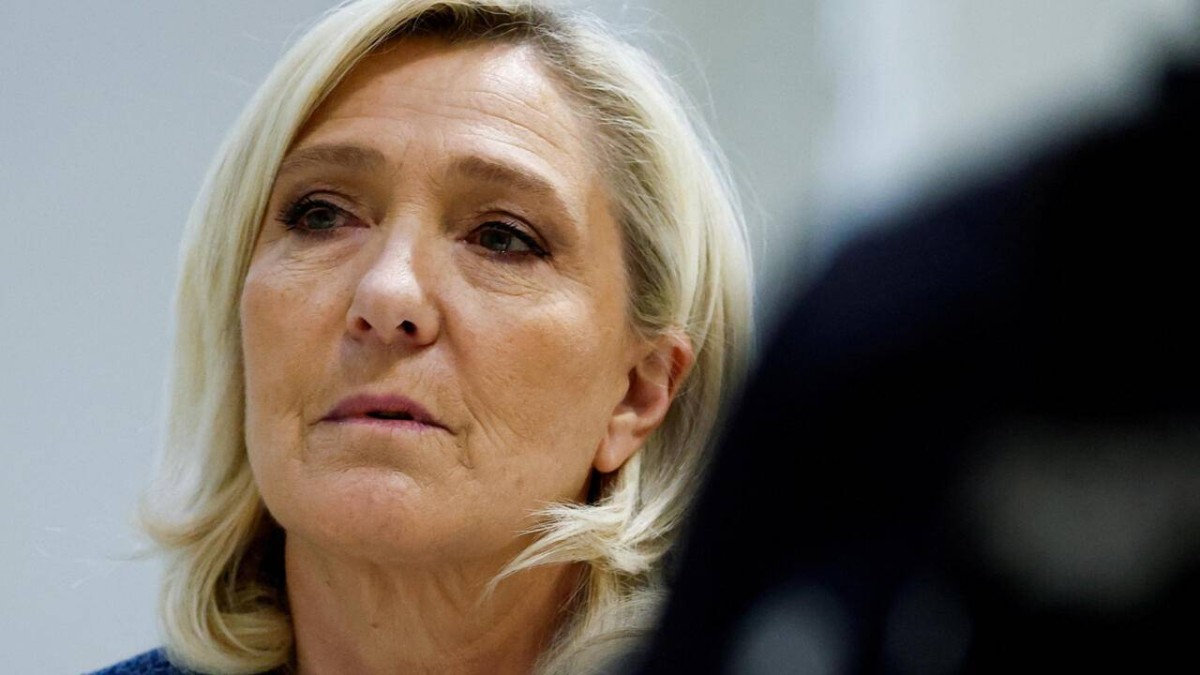Global Impacts Loom as Trump Plans Tariff Rollout
Amid international tensions and economic stakes, President Trump's forthcoming tariff plans may redefine global trade policies. Key stakeholders worldwide are bracing for potential repercussions.
Published April 01, 2025 - 00:04am

Image recovered from koreatimes.co.kr
U.S. President Donald Trump's imminent announcement about imposing reciprocal tariffs has stirred a mix of anticipation and apprehension globally. Set against a backdrop of economic nationalism, this initiative aims to adjust imbalances in international trade practices, which Trump deems unfair to U.S. interests. Known as the "Day of Liberation," April 2 marks the point where these tariffs could redefine trade dynamics significantly, suggesting profound economic and diplomatic shifts.
In the United States, the Trump administration underscores that these tariffs are crucial to safeguard American manufacturing and jobs. The tariffs are seen as a response to what Washington perceives as substantial barriers against U.S. exports, notably tariffs that American goods encounter abroad. Central to Trump's strategy is the principle of reciprocity—imposing tariffs on imported goods equivalent to those American products face. Trump's negotiations with Commerce Secretary Howard Lutnick underscore this approach, focusing on leveling the playing field.
Internationally, the reactions are mixed. Countries like South Korea are strategizing to mitigate impacts by highlighting their economic contributions to the U.S. Private sectors in these countries emphasize ongoing investments that benefit American industries. Hyundai's notable $21 billion plan to expand U.S. operations exemplifies efforts by foreign corporations to maintain favorable trade relations. However, these moves may not entirely shield them from the impending tariffs, as demonstrated by Trump's recent proclamation to impose 25% tariffs on cars imported from all foreign nations, effective from early April.
The European Union, meanwhile, emerges as a significant focus within this narrative. Reports suggest that the EU may face retaliatory tariffs due to long-standing trade barriers perceived by the U.S. While the EU contemplates its response, individual countries are caught in a dilemma of diplomatic nuances and economic realities. Trump's plan leaves little room for exemptions and challenges these countries to reassess their trade policies, potentially realigning their global economic strategies.
The broader economic implications are profound. Global stock markets have reflected the uncertainty with substantial declines. Wall Street, along with European and Asian markets, experienced dips as investors brace for potential disruptions. Trading indices like the Dow Jones Industrial Average have felt the pressure as the tariff dialogue unfolds.
Economists and trade analysts speculate about long-term consequences. The potential for increased consumer prices in the U.S. due to cost transfers by importers underscores one outcome. As tariffs typically mean added costs on foreign imports, some analysts predict a shift in consumer purchasing patterns favoring domestically produced goods, aligned with Trump's vision of reinvigorated American manufacturing.
Amid shifting trade landscapes, some critics highlight the broader geopolitical climate. The Trump administration's firm stance on reciprocal tariffs challenges traditional alliances, with countries debating whether to negotiate or retaliate. As these policies take shape, they encapsulate a wider discourse on globalization, national economies, and diplomatic interaction, marking an era of economic recalibration.






